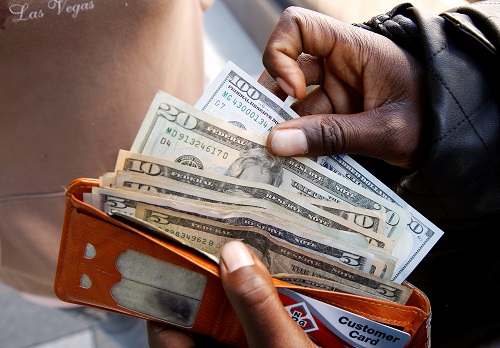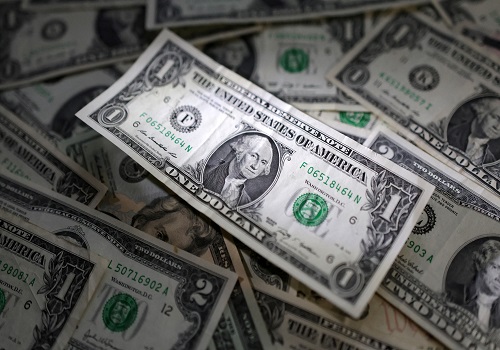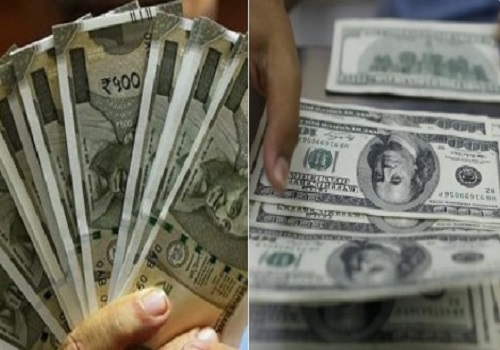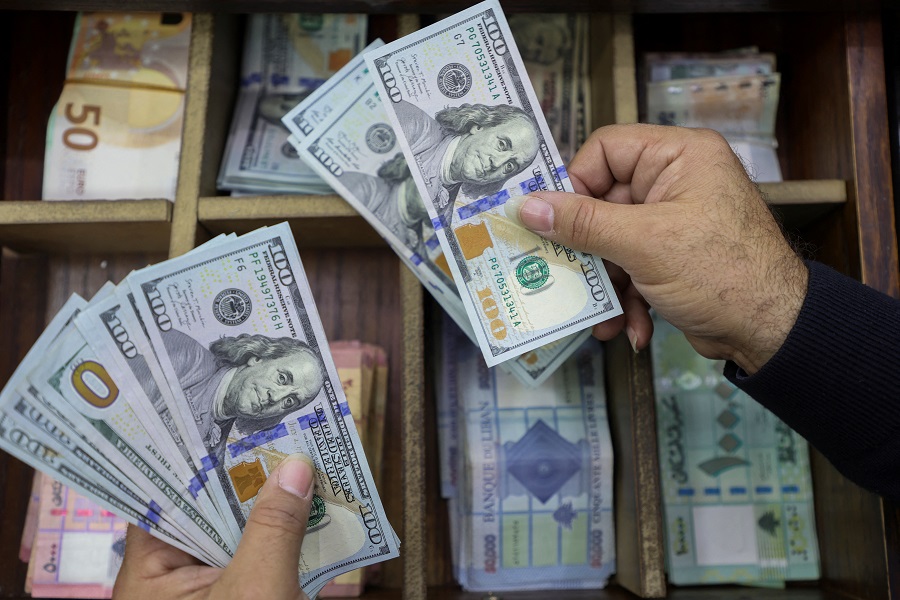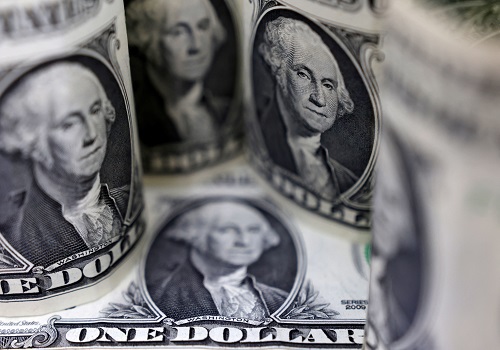Dollar underpinned before US inflation data, Fed speakers
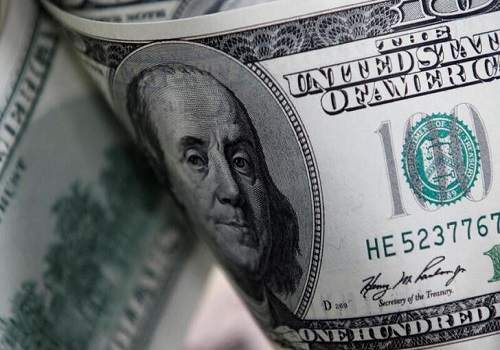
The dollar edged higher on Monday as markets braced for U.S. inflation data and a throng of Federal Reserve speakers this week, while the yuan nursed a hangover from Beijing's latest underwhelming stimulus package.
Highlighting the bleak background in China, data out over the weekend showed consumer prices rose at the slowest pace in four months in October, while producer price deflation deepened.
Reports on retail sales and industrial output due on Friday should show whether Beijing's various attempts at stimulus are having any real effect on demand.
Disappointment at the latest package had seen the Australian and New Zealand dollars slide on Friday as both countries are major exporters to China.
The U.S. dollar stood at 7.1955 yuan, having jumped 0.7% on Friday, and looks set to again test the 7.2000 barrier.
Trading was light with U.S. bond markets closed for a public holiday, though stocks and futures are open.
The dollar did regain 0.5% on the yen to 153.43, having been dragged off last week's top of 154.70 by the risk of Japanese intervention.
A summary of opinions from the Bank of Japan's October policy meeting showed some members were unsure on when to raise rates again given market volatility, dimming the chance of a hike in December.
The decision will not be made any easier by political uncertainty as Japanese lawmakers should decide on Monday whether Prime Minister Shigeru Ishiba remains leader after his coalition lost its parliamentary majority late last month.
The dollar index was a fraction firmer at 105.05, after gaining 0.6% last week mainly against the euro.
The single currency was stuck at $1.0715, having shed 1% last week to as low as $1.0683. Support now lies around $1.0667 and $1.0601.
Politics remained a drag as German Chancellor Olaf Scholz said he would be willing to call a vote of confidence before Christmas, paving the way for snap elections following the collapse of his governing coalition.
FED RESTRAINED
The euro has been pressured by U.S. President-elect Donald Trump's proposals for tariffs on imports, which could hurt European exports and risk a global trade war.
Analysts also assume Trump's policies would put upward pressure on U.S. inflation and bond yields, while limiting the Federal Reserve's scope to ease policy.
"Given this, we still expect that the Fed will cut another 25bp at the December meeting, but thereafter will only cut once per quarter, in contrast to our previous forecast for a 25bp cut every meeting," said JPMorgan economist Michael Feroli.
"In addition, we now look for the Fed to conclude once it reaches 3.5%, versus our earlier forecast for a 3.0% terminal rate."
A host of Fed officials are due to speak this week, including Chair Jerome Powell on Thursday, so there will be plenty of guidance on the outlook for rates.
Data will also be influential as U.S. consumer prices are due on Thursday and a core reading above the 0.3% forecasted would further reduce the chance of a December easing.
All this was seen as bullish for the dollar over the long term, though it was yet to be seen what Trump's policies would actually be in practice.
His support of cryptocurrencies has been enough to propel bitcoin above $81,000 for the first time as investors wager on more favourable regulation.














